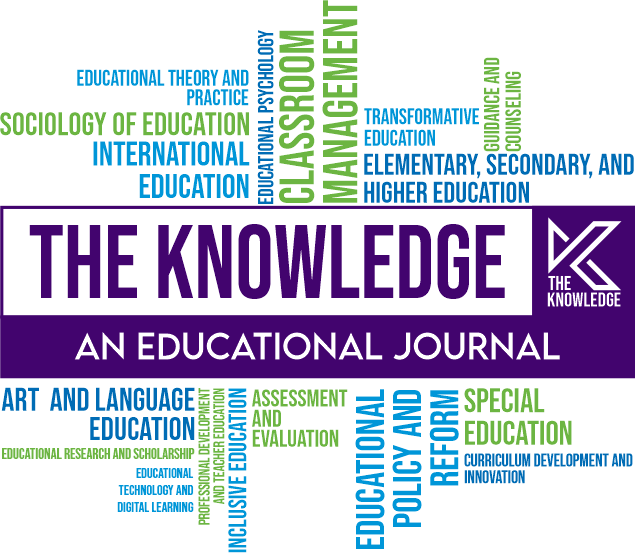The Angry Bakri (Goat) and the Shy Pari (Fairy): Deconstructing Gender and Behavioral Norms in Pakistani ECE Storytelling through Critical AI Literacy
DOI:
https://doi.org/10.55737/tk/2k25c.43086Keywords:
The Angry Bakri, Shy Pari, Gender and Behavioral Norms, AI Literacy, Early Childhood EducationAbstract
A primary medium through which culture is transmitted is the narrative ecology of early childhood education (ECE), involved in implicitly inculcating society in the young psyche via cultural norms and values. The ecology is prolifically endowed with archetypes of the oral traditions, local folklore, and the modern media, where the obstinate Bakri (goat) is usually masculinized and corrected about her wrath, and the beautiful Pari (fairy) is usually romanticized as silent and delicate. The inductive incorporation of Artificial Intelligence (AI) with a specific focus on generative AI, conditioned on these already existing collections of corpora, is not a dialectic of nonexistence, but rather a powerful lubricant to the mass production and strengthening of these damagingly held stereotypes. The paper supposes the idea that technical integration is not the pressing condition to apply AI in Pakistani ECE, but rather the strong framework based on critical AI literacy that should be developed among the teacher body, curriculum planners, and policy makers. Leaving the Western-centrist idea of AI bias, the study is based on the socio-cultural setting of Pakistan to first systematize the existing gender and behavioral stereotypes in a selection of trendy children's stories, cartoons, and textbooks. The paper extends to suggest a revolutionized pedagogical model of training ECE practitioners. In this way, the creation results in the innovative model of the decolonization of early -learning AI in Pakistan. The framework encourages community-driven redesign, inclusion of marginalized voices, regional languages, and challenges patriarchal norms for AI-driven empowerment.
References
Ahmed, I. (2020). Paradigms of engagement: digital storytelling as pedagogical strategy in multilingual societies [Doctoral dissertation].
Bhayo, Z. H., Farooq, M. A., Zafar, J. M., & Ullah, N. (2024). Impact of Integrating Information and Communication Technology (ICTs) on Students’ Learning at Early Childhood Education: An Analysis. Pakistan Journal of Humanities and Social Sciences, 12(3), 2417-2428. https://doi.org/10.52131/pjhss.2024.v12i3.2424
Ghumman, M. S., & Khalid, M. I. (2016). Effectiveness of Teaching Practices for Students' Competencies Development at Early Childhood Education (ECE) Level in Pakistan. Journal of Research & Reflections in Education (JRRE), 10(1)93-103. https://www.ue.edu.pk/jrre/articles/101008.pdf
Khan, M. A. (2018). The status of early childhood education in Pakistan: Inside stories. Contemporary Issues in Early Childhood, 19(3), 310-317. https://doi.org/10.1177/1463949118757049
Masood, K., Mehmood, M. U., & Bano, R. (2025). Rituals and learning: The role of cultural practices in early childhood education. Journal of Political Stability Archive, 3(1), 725-743. https://doi.org/10.63468/jpsa.3.1.44
Naz, N., Uddin, M. N., Bilal, A., Hashmi, S. B., & Akbar, H. F. (2025). Exploring Parents’ Perspectives on Culturally Responsive Curriculum in Early Childhood Education. Contemporary Journal of Social Science Review, 3(3), 996-1005. https://doi.org/10.63878/cjssr.v3i3.1053




